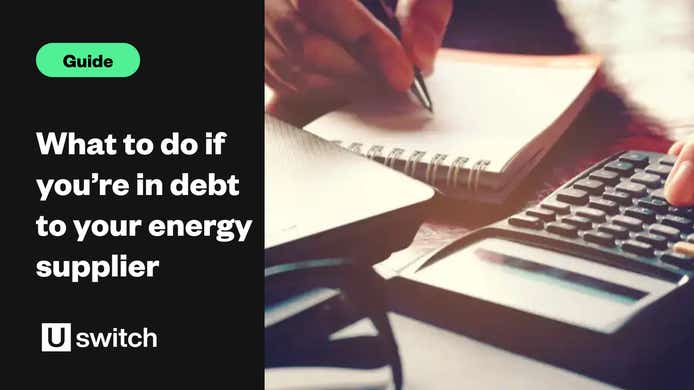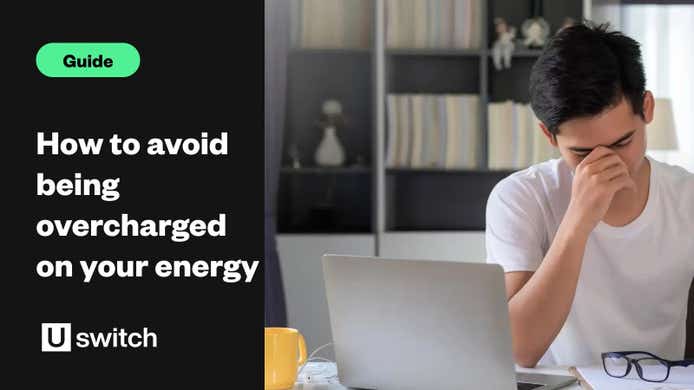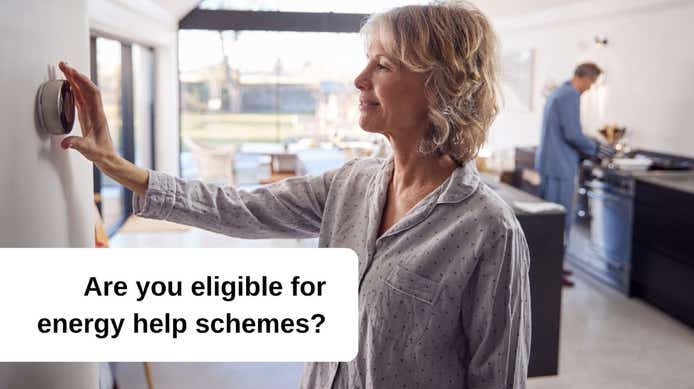What are energy scams?
With energy prices currently high and the overall cost of living crisis still ongoing, there has been an increase in the number of energy scams being reported by customers throughout the country.
Energy scams tend to involve criminals posing as representatives of energy companies, Ofgem (the energy regulator) or the government as a means of obtaining victims’ personal or financial information.
What are the different energy scams to watch out for?
Energy scams usually have the same aim, as noted above, but the main difference between them is the form of contact used to get in touch with victims.
These can include:
- Phone calls
- Text messages
- Emails
- Home visits (doorstepping)
- Social media messages
- Post.
Scammers will often pretend to be representatives of Ofgem or an energy supplier and offer the opportunity to switch to “an exclusive energy deal” which they tout as being much cheaper than any available alternatives. If they succeed in obtaining victims’ banking information, they may then contact them by pretending to be their bank to trick them into moving their money into a “safe” account which is actually run by them.
How do I spot an energy scam?
Scammers often use new techniques to trick people into handing over their information, but most of these techniques can be spotted if you’re vigilant.
Things to look out for include:
- Links or URLs that look strange - especially if you’re being asked to click on them
- A deal that looks too good to be true
- A request for personal information that you’re usually advised not to reveal, such as passwords or banking PINs
- Any indication that you might not be dealing with a real company - this could be anything from a poorly formatted or worded text to a logo that doesn’t look right in an email.
How do I avoid energy scams?
If you’re being vigilant and have a good idea of what to look out for, it’s fairly simple to avoid energy scams. Don’t click on any links or divulge any personal or banking information unless you’re 100% certain that the person or organisation contacting you is legitimate.
Should I expect an Energy Bills Support Scheme text?
The Energy Bills Support Scheme was a government energy help scheme that ran over the winter of 2022-23 to provide electricity users with a £400 discount on their bills. It’s no longer running and there are no plans to revive it, so you shouldn’t expect to receive any texts or other communications about it.
What should I do if I receive an Energy Bills Support Scheme text?
If you receive a text (or email) about it asking you to click on a link to receive a payment or confirm any information relating to the Energy Bills Support Scheme, don’t click on it.
If you have doubts about any communication you receive which presents itself as coming from Ofgem, an energy supplier, the government or your bank, there’s no harm in calling the organisation (making sure you get the number off its website and not from the communication itself) to check whether it’s legitimate or not.
How do I report energy scams?
The best way to report energy scams is to contact Action Fraud if you live in England, Wales and Northern Ireland, or Police Scotland on 101 if you live in Scotland. This will help reduce the chances of anyone else being scammed in the same way.
If you’ve handed over any money or you have concerns over the security of your finances, contact your bank immediately.
Are there British Gas scams to watch out for?
At the time of writing (March 2025), there are no specific British Gas scams to watch out for. However, fraudsters will often pretend to represent the best-known companies to increase the perception of their legitimacy, and British Gas is one of those companies.
Are there OVO Energy scams to watch out for?
There are currently no specific OVO Energy scams to watch out for. As one of the bigger suppliers, they may be used by fraudsters in any potential scams, so it's best to be vigilant if you're an OVO customer.




